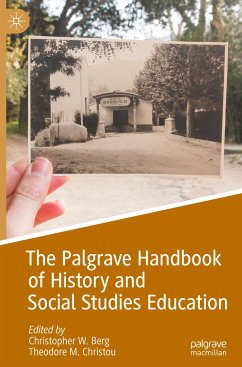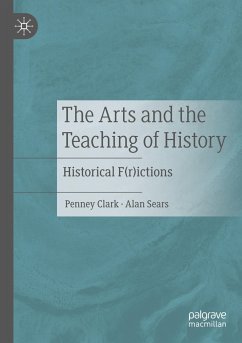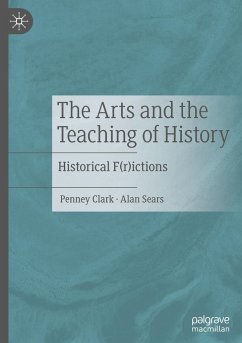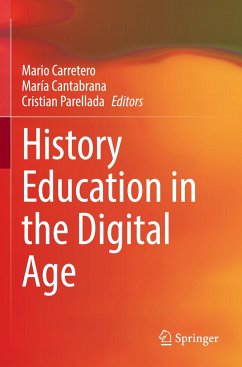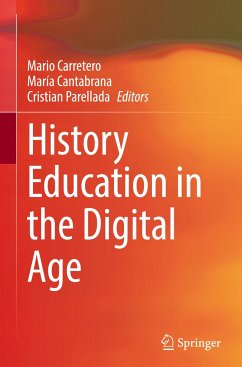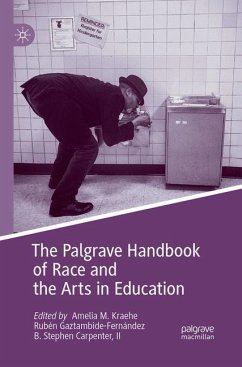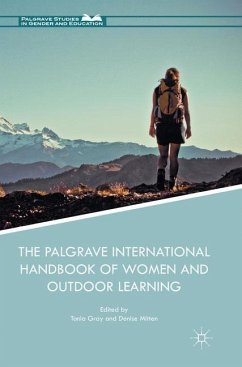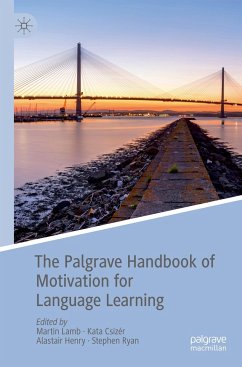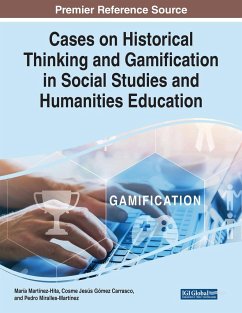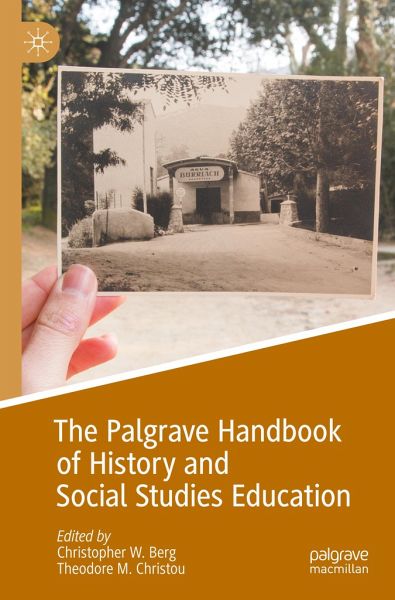
The Palgrave Handbook of History and Social Studies Education
Versandkostenfrei!
Versandfertig in 6-10 Tagen
174,99 €
inkl. MwSt.

PAYBACK Punkte
87 °P sammeln!
This Handbook presents an international collection of essays examining history education past and present. Framing recent curriculum reforms in Canada and in the United States in light of a century-long debate between the relationship between theory and practice, this collection contextualizes the debate by exploring the evolution of history and social studies education within their state or national contexts. With contributions ranging from Canada, Finland, New Zealand, Sweden, the Netherlands, the Republic of South Africa, the United Kingdom, and the United States, chapters illuminate the wa...
This Handbook presents an international collection of essays examining history education past and present. Framing recent curriculum reforms in Canada and in the United States in light of a century-long debate between the relationship between theory and practice, this collection contextualizes the debate by exploring the evolution of history and social studies education within their state or national contexts. With contributions ranging from Canada, Finland, New Zealand, Sweden, the Netherlands, the Republic of South Africa, the United Kingdom, and the United States, chapters illuminate the ways in which curriculum theorists and academic researchers are working with curriculum developers and educators to translate and refine notions of historical thinking or inquiry as well as pedagogical practice.





